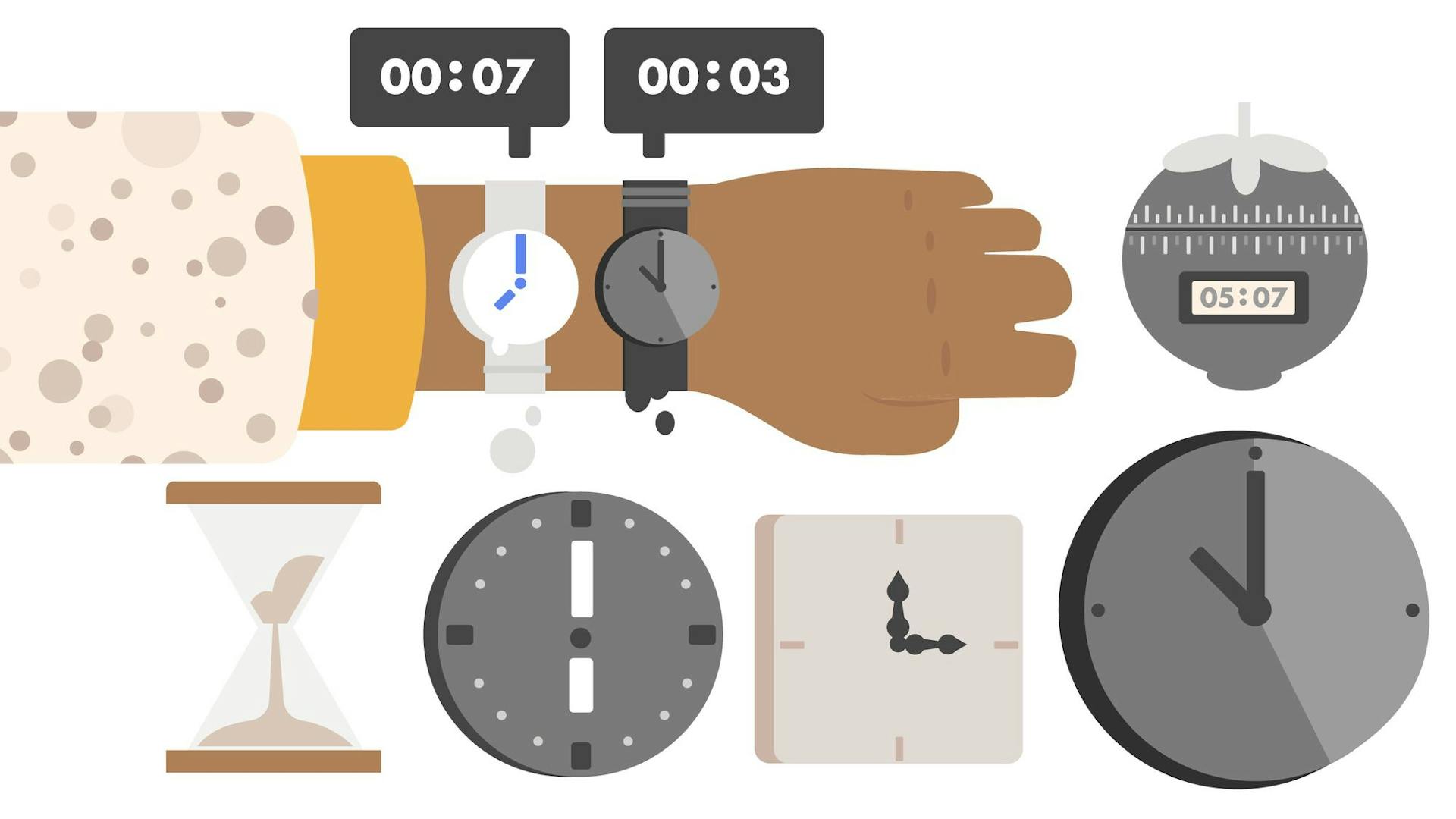
Do you find yourself watching the clock at work, counting down the hours until you can go home? ‘Rust-out’ happens when we’re understimulated at work, and it can be detrimental to our mental health…
Some say that our addiction to being busy is a 21st-century epidemic. We feel smug as we announce to friends that we’re slammed at work, taking on extra projects and barely finding time to sleep or even have a lunch break. I hold my hands up. I’m guilty of ‘busy bragging’, and shoving my work-life in people’s faces like an Olympic medal. I’m unashamedly proud of my jam-packed schedule, and yet painfully aware of the mental health implications that can arise from burnout. So much so, that it’s hard for me to imagine that having absolutely nothing to do, day after day, could have the same negative impact on my wellbeing. Surely an empty inbox and zero responsibilities create the path to nirvana?
Believe it or not, a lack of mental stimulation at work can be just as harmful as too much. Whatever you do, boredom will get under your skin. Workplace boredom even has its own name. It’s known as ‘rust-out’ — a term defined by psychotherapist and Counselling Directory member Paula Coles as: “Work which is uninspiring and fails to stretch the person, so that they become disinterested, apathetic, and alienated.”

More than just boredom
Most people experience boredom at work from time to time, but rust-out relates to chronic boredom that is so serious it can be detrimental to both your mental and physical health – it can even take years off your lifespan. It’s particularly common in young graduates, who often end up working in jobs for which they are overqualified. It can strike again for middle managers who have reached a glass ceiling in their career trajectory, stuck in endless meetings, unchallenged by the role, yet unable to progress.
Left to fester, rust-out can lead to depression, sleepiness, cravings for sugary or fatty foods, and an increase in risk-taking behaviours. According to Paula, this proclivity for thrill-seeking can show up on our phones.
“In modern-day workplace boredom, it might be fair to assume that individuals would seek stimulation and connection through social media,” says Paula, “especially Tinder and online gambling apps, which can potentially lead to a person getting into circumstances which might become out of control.”
Participating in an activity you are passionate about could be your key to personal fulfilment, and fighting off rust-out for good
The symptoms of rust-out are felt by the individual first and foremost, but the ramifications can have a ripple effect on companies, too. Employers may observe increased sickness, absenteeism, work errors, and even work-related accidents. One in four employees claim to be unhappy in their current role, and with our sense of fulfilment so closely linked to what we do for a living, it’s no wonder that rust-out can lead to feelings of worthlessness and self-deprecation.
Opportunity for growth
But like every human emotion, boredom does have a function. It might be the catalyst that forces you to make a change – whether that’s applying for a promotion, taking on extra responsibility, or rethinking your career entirely. It could even be the red flag that highlights a deeper reason for rust-out.
Thankfully, professional help can resolve any underlying issues. “Are you a people pleaser? Do you find it hard to be assertive, and to ask for what you want? Do you have imposter syndrome, and feel you don’t really deserve career success?” asks Paula. “A good therapist can help you look at where these beliefs come from, and work with you to develop a more robust internal locus of control.”

This dimension of core self-evaluation can help you find meaning — and ultimately happiness — internally, instead of relying on external sources, such as your employer.
Looking outside the box
Finding fulfilment outside of work is important, and this can begin with a hobby that challenges you. Studies show that people who have feelings of continued development and personal growth tend to have an increased sense of life satisfaction and self-esteem. Participating in an activity you are passionate about (anything from running, to painting, to motorcycle maintenance) could be your key to personal fulfilment, and fighting off rust-out for good.
If you’re staring down the barrel of a long, boring January at work, then don’t be afraid to raise your concerns with employers. Ask to be involved in tasks that make the most of your skills and push you to learn new ones. Ask to go on a training course or, if you’re in a senior role, develop an in-house training project to assist others. You could even set the ball rolling on a wellbeing project to tackle the very issue of rust-out in your organisation. This ‘creative tension’ is vital in the search for true job satisfaction.

